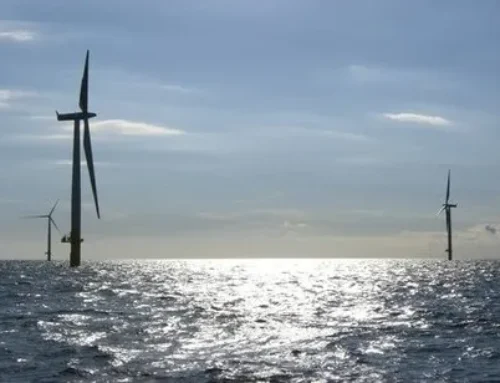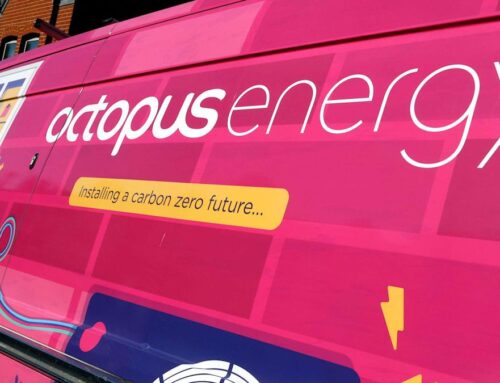Renewable energy: Shaker’s green electric aggregation contract now has three bidders
April 1, 2025
SHAKER HEIGHTS, Ohio — With the city’s green electric aggregation contract set to expire at the end of May, City Council on Monday (March 31) authorized Mayor David Weiss to move quickly on picking a supplier.
That decision could come within the next week or so, allowing time for the city to send “opt-out” notices to customers once Weiss makes the selection from what are now three proposals.
The “green” is accomplished through the purchase of 100 percent renewable energy credits (RECs) from the city’s current electric supplier, Dynegy, a subsidiary of Vistra.
Vistra bought out the city’s original supplier, Energy Harbor LLC, last March.
Dynegy currently offers a rate of 7.71 cents per kilowatt hour (kWh) to the city’s 6,000 enrolled customers — 5,853 residential and 147 small businesses.
The city sent out a request for proposals (RFP) to six suppliers in February, but only received one response.
That was from Dynegy, offering a rate of 9.6 cents per kWh for one year.
After getting just the one proposal, the city opened up the RFP to the Northeast Ohio Public Energy Council (NOPEC) and Sustainable Ohio Public Energy Council (SOPEC), which had not been included in the first round.
In response to concerns voiced Monday by resident Helen Sheehan about why NOPEC and SOPEC were excluded in the first place, City Law Director William Ondrey Gruber explained that those entities are not considered energy “suppliers.”
Aspen Energy consultant Jay Still said NOPEC and SOPEC are intergovernmental agencies, which can offer benefits to the city ,as can the “independents” like Dynegy.
The city cut ties with NOPEC in 2023, opting to launch the first municipal “all-green” initiative in Northeast Ohio.
In light of “drastic market fluctuations,” Shaker pushed the start date back to June 2023.
That uncertainty continues.
“Because of the volatility of the energy market, we don’t want to go too far out in the future,” Gruber said of the possibility of a one-year contract.
Although she favors a short-term contract, Sheehan also criticized council’s decision to turn the choice over to Weiss and the administration.
“It’s hard to nail down a proposal and then set up legislation” for council to vote on, Gruber explained, saying it’s more practical at this point to let the mayor sign the contract.
Weiss agreed, noting that “the pricing changes from hour to hour and day to day.”
He added that the city is starting with one-year proposals, “but we’re not necessarily going to mandate it.”
Still told council that the approach will give the city “the dexterity to move quickly when we find the right offer.”
The ordinance itself makes note of the “flexibility” provided to the city on short notice.
And with all suppliers expected to raise prices as early as this summer, “this allows us to lock in a rate that could be lower than what’s coming,” Gruber added.
Councilman Sean Malone said he was more comfortable being able to see that the rates offered by SOPEC and NOPEC are “in the same ballpark” as the original offer from Dynegy.
All three suitors will now have a chance to submit final rate proposals before Weiss makes the call on a contract.
The preliminary proposal from NOPEC did contain several conditions that would include making July the start month as opposed to June, putting customers on the open market for 30 days.
The city also would have to re-join NOPEC, whose proposed rates could be subject to potential capacity charge increases in May 2026.
Read more from the Sun Press.
Search
RECENT PRESS RELEASES
Related Post



